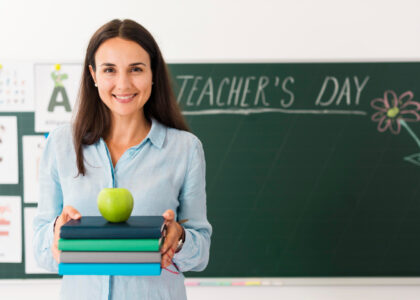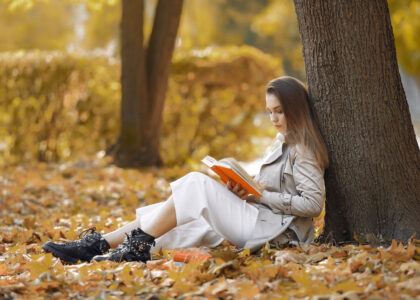Education does not only happen inside a classroom. While school is important for structured learning, many valuable lessons in life are learned outside school walls. These experiences help children and adults grow emotionally, socially, and practically.
Activities like gardening, visiting a farm, going to the market, or helping at home are excellent ways to learn. For example, children learn about nature, seasons, and healthy food by planting vegetables. A trip to the local market teaches them how to calculate money, understand costs, and communicate with others. Even helping to cook at home teaches measurements, time management, and responsibility.
Learning outside the classroom often involves doing things with hands. This kind of learning is known as “experiential learning” or “learning by doing.” It helps students understand topics more deeply. When children see or do something themselves, they remember it longer. For example, reading about rivers in a book is different from actually visiting a river and observing its flow, bridges, and nearby life.
Community-based learning is also powerful. When students take part in local festivals, traditions, or social service, they understand their culture and the value of working together. Activities like cleaning the village, helping elders, or attending a local fair can develop skills like cooperation, leadership, and civic sense.
Sports and physical games are another important way of learning. Playing games teaches discipline, teamwork, and the importance of health. Students learn to follow rules, accept wins and losses, and keep trying even after failing.
Parents and teachers should encourage outdoor and practical learning. They can organize educational trips, science fairs, and nature walks. Villages have many rich learning opportunities—observing how a well works, watching how crops are grown, or seeing how local businesses operate.
Technology also offers chances to learn outside the classroom. Educational videos, mobile apps, and interactive tools help students understand difficult topics in simple ways. Even in rural areas, if mobile phones or internet access is available, students can watch videos on farming, health, or general knowledge.
Learning is a lifelong process, and some of the most important skills in life—like being kind, solving problems, or handling real-life challenges—are learned outside school books. Parents should encourage children to ask questions, explore their surroundings, and take part in different tasks.
In conclusion, education is everywhere. Outside the classroom, the world becomes a big, beautiful school with many teachers and many lessons. By exploring, participating, and observing, students gain knowledge that helps them succeed in life and become smart, confident, and responsible citizens.










